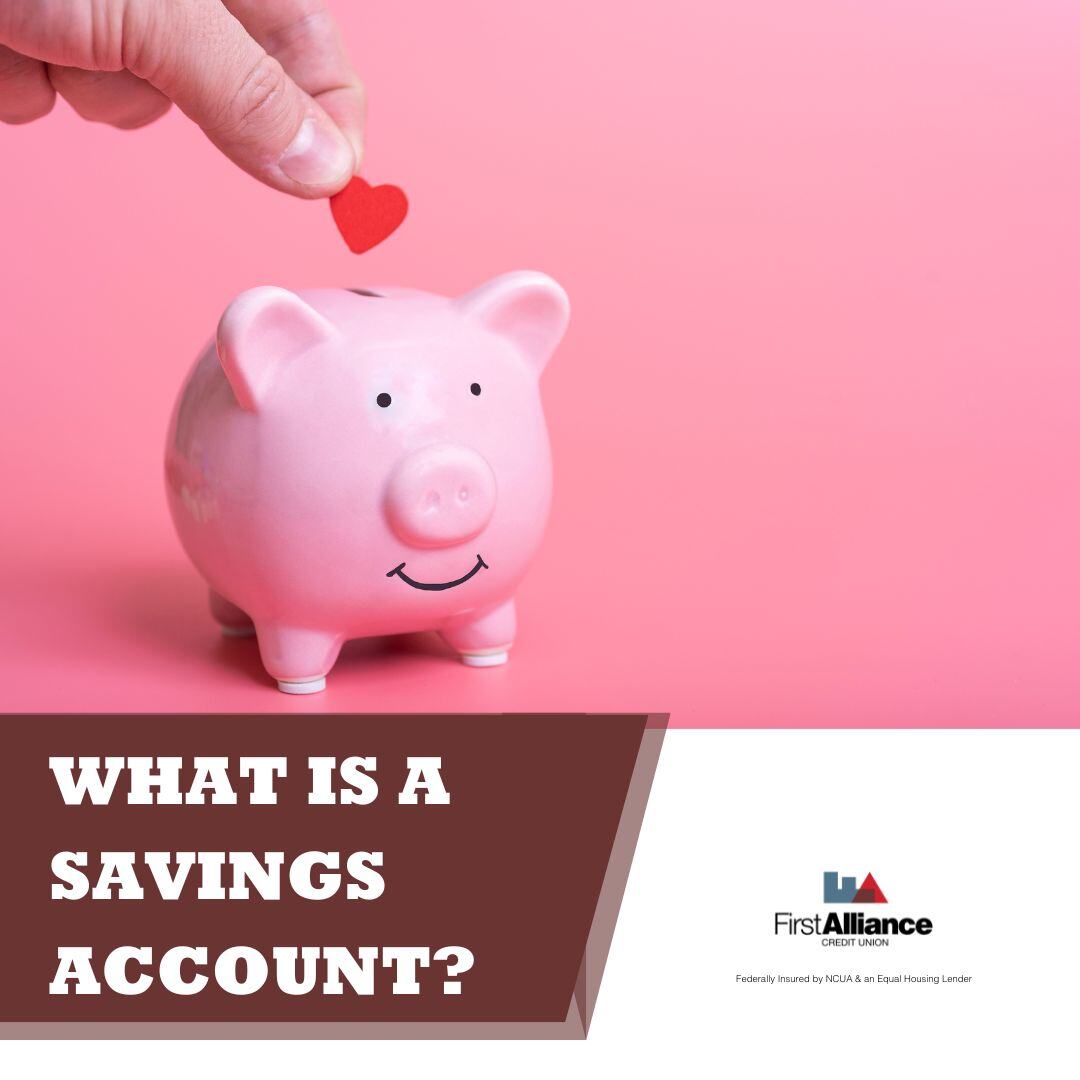Why Am I Being Charged a Fee To Transfer Money From My Savings Account
You have probably encountered at one point being hit with a fee for transferring money out of your savings account one too many times. This is often...

When you open up a savings account at a financial institution, you’re getting a safe place to store your cash. You’re also getting a bit of interest each month to help you build up your savings.. However, depending on your financial institution, you might also get something else—a fee or fees that can easily wipe out any interest your money earns.
You might be surprised to hear that the answer to "Do savings accounts have fees?" is "Yes,." To be fair, though, many financial institutions do not charge a fee or fees on their savings accounts. However, you should be aware of the fees some financial institutions can charge.
Check out this video our Member Advisors sharing even more tips about how to save money on KIMT New 3!
The most common fee a financial institution might charge is a monthly fee. Financial institutions that charge this fee do so to cover the cost of maintaining your savings account, and while the fee is usually only four to five dollars, it can drain your savings account if you’re not careful.
For instance, if you have a savings account with a $100 balance, you’d end up paying $60 over the course of a year. By contrast, most traditional savings accounts have an interest rate of about 0.01%, so your $100 would generate about $0.10, and that’s only if you can keep the balance at $100. In other words, you’ve paid $59.90 to keep your money in that account.
You’ll also want to keep an eye out for an annual fee, which are similar to monthly fees but levied at the end of the year instead of at the end of a month. Very few financial institutions charge an annual fee these days, but it’s still something to watch out for.
In 2008, the Federal Reserve Board enacted Regulation D, a law meant to help banks maintain their reserve requirements and limit withdrawals from savings accounts. As a part of this regulation, savings account owners are limited to making only six withdrawals a month.
If you’re using a savings account to store money, this won’t be a problem for you. If you do have to make more than six withdrawals per month, though, your financial institution may charge you a fee for each additional withdrawal you make over six.
You should be aware that, while not all financial institutions charge a fee for excess withdrawals from your savings account, they may penalize you in other ways. Some financial institutions will convert your savings account to a checking account, while others will simply not permit you to make an extra withdrawal. You should also know that in-person and ATM transactions do not count against this limit.
While savings accounts are meant to be a place to store your money, some financial institutions charge a fee if your account is dormant for a long period of time, usually a year.
It’s worth noting that, unlike other fees, this fee is relatively easy to avoid. All you have to do is make a deposit or withdrawal at some point during the year to keep the account active.
Another fee financial institutions can charge customers isn't exactly a fee, but a condition for avoiding fees. Most financial institutions that charge a monthly fee will waive it, provided you have a minimum daily account balance.

The amount varies from institution to institution. First Alliance, for instance, requires a five dollar minimum balance that is essentially your share of stock in the credit union. A lot of banks, though, have a much higher minimum balance, around $300.
This can be a problem if you don’t have that amount in savings already, since the monthly fee works against you achieving that goal. Also, if you need to draw on your savings, the monthly fee kicks in as soon as your account goes below the minimum, adding insult to injury.
At best, savings account fees can wipe out the earnings you get from interest, preventing your money from growing. At worst, they can actually cost you more than your account earns, negating the point of saving entirely. Whenever you open a new savings account, make sure you know all the fees the bank or credit union will charge and plan accordingly.
Your best bet, though, is to select a financial institution that has very few, if any fees on its savings account, such as the First Alliance Share Savings Account. Sign up for one today and start earning dividends on the first day of deposit!

You have probably encountered at one point being hit with a fee for transferring money out of your savings account one too many times. This is often...

A savings account is a place for you to store money that isn’t being used in a secure place where it can earn interest, which grows your overall...

The most basic step you can take when starting to save money is opening a savings account. Sometimes, though, this can seem like an unnecessary...